Keeping Your Child Safe On Set
Advice for parents of child actors to maximize their on set experience.
Here at TAS we pride ourselves on being confidence makers. Whether it’s encouraging a shy student to boldly perform their lines or educating students about how to navigate this industry, our main goal is to help students feel confident in whatever part of their acting journey they find themselves.
It’s not just for students though! We believe that parents should feel the same confidence when bringing their child to set. As the parent of a child actor, you have the normal responsibilities of your child- as well as making sure you are professional on set while keeping your child is safe.
It’s a lot, but thankfully our TAS staff is here for you. I could think of no better person to talk to about this common concern than TAS Owner, Nicolle Campbell. Nicolle’s knowledge of the industry will empower you to have the confidence to keep your child safe and professional on set!
Being new to set can be scary. What are some simple steps that parents can take to feel comfortable and confident bringing their child to set?
- Just knowing that a parent has the right to be within eyesight of their minor child at all times during their time on set should bring comfort to the parent.
- It’s also good to have an understanding of what being onset is like. There are going to be moments when you’re idle for long periods of time. Be prepared for that. There will not be a day where you’re active the whole time. So bring things for you and your child to do during the quiet waiting. Simple things that will keep your child’s attention and help them stay calm and occupied during that time. If it’s a union job there will be craft services on set so there will always be food available. If it’s a nonunion job bring plenty of water and snacks to keep you and your child hydrated and hunger abated.
- The other thing to understand is to come with an attitude of patience above all else. You may have an early call time and arrive at that time, but they may not be ready for you for hours. You may wonder why did they have you arrive so early. The call time is the best approximate guess of when they will need you. However shots or takes before you could go longer than expected, equipment can fail, it can take longer to set up lighting. All kinds of things can happen that can delay when you get sent to film your scene. Once your time comes they need you right then. So you have to be there and be ready to film at the exact time they need you. Please understand that you have to be patient and understand the full process. Knowing this will help you not get aggravated because you’re waiting a long time. That’s why you have to prepare ahead of time .

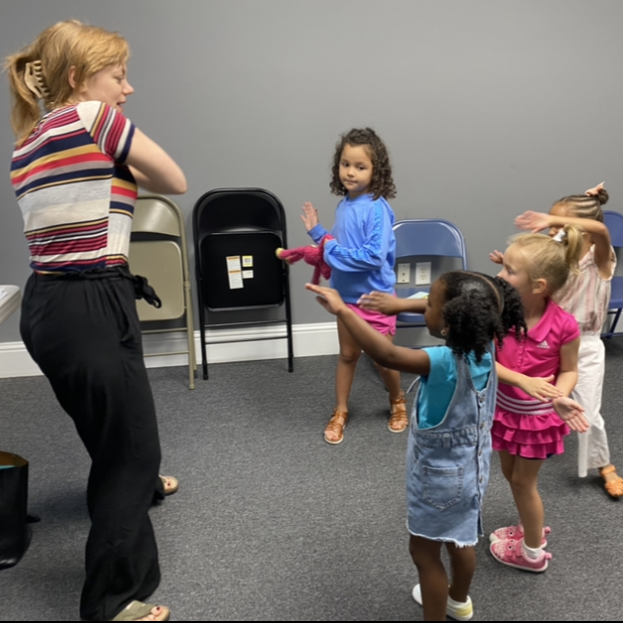
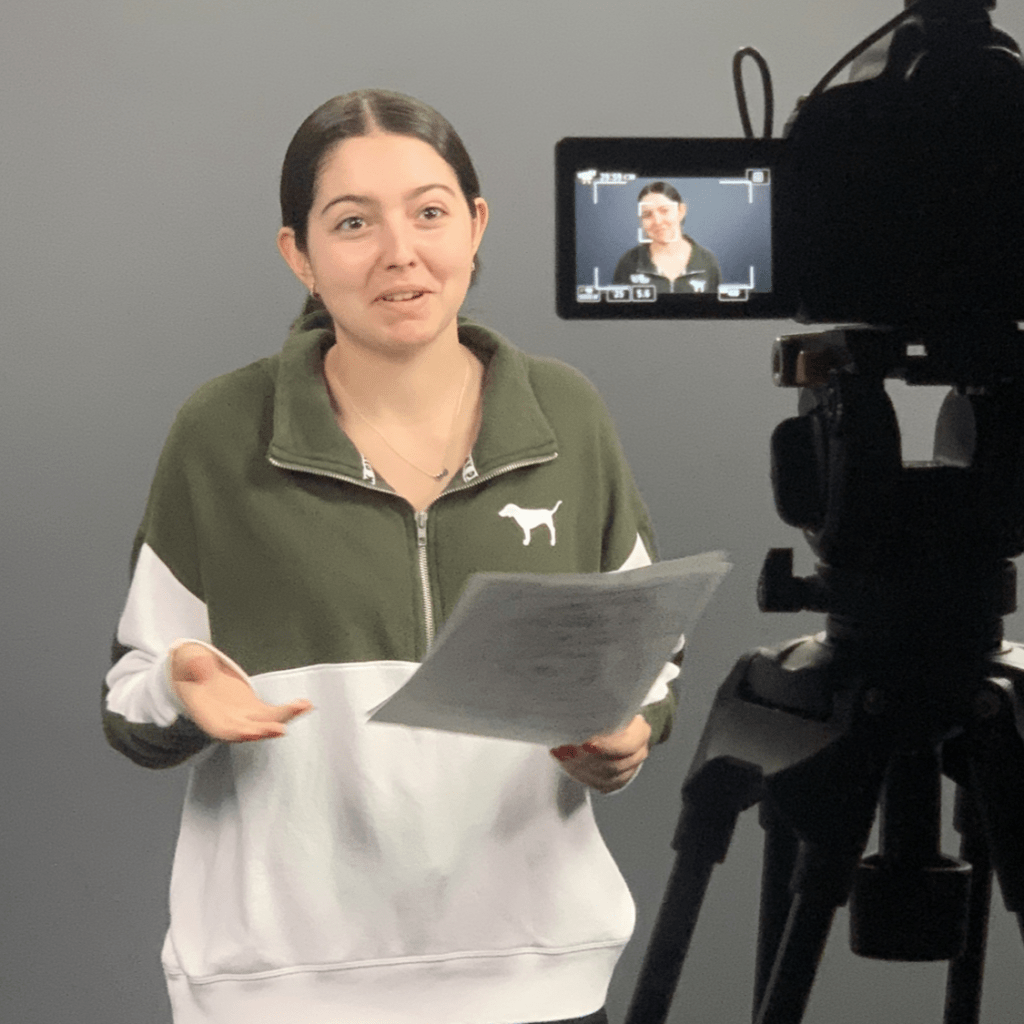
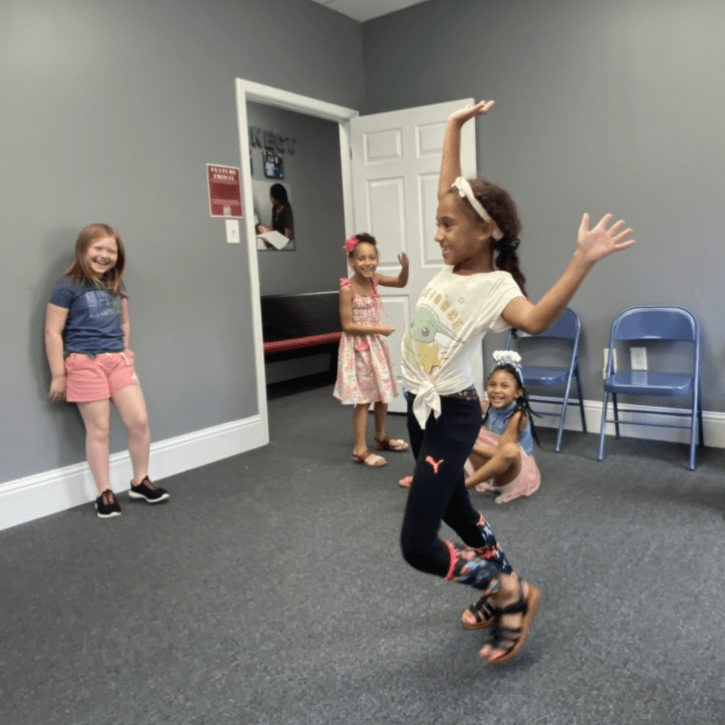
If a parent feels uncomfortable about something happening on set who should they talk to? And how should they go about speaking up for their child?
If something happens on set that you feel uncomfortable with contact your agent or manager immediately. Do not try to handle the situation on-site yourself. Your agent or manager is the best advocate for you in the moment. They are the ones who can take care of things for you and get things done. Then you are not the problem or the “bad guy”. This is one of the jobs and responsibilities of your representation. If your agent or manager is not immediately available there are child advocates on set on a union job that can help you handle the situation. On a nonunion job your best bet is to contact your agent/manager and to know that you are the best advocate for your child. You can always say that you need to talk to your agent or manager about something you feel uncomfortable with before agreeing to film a scene.
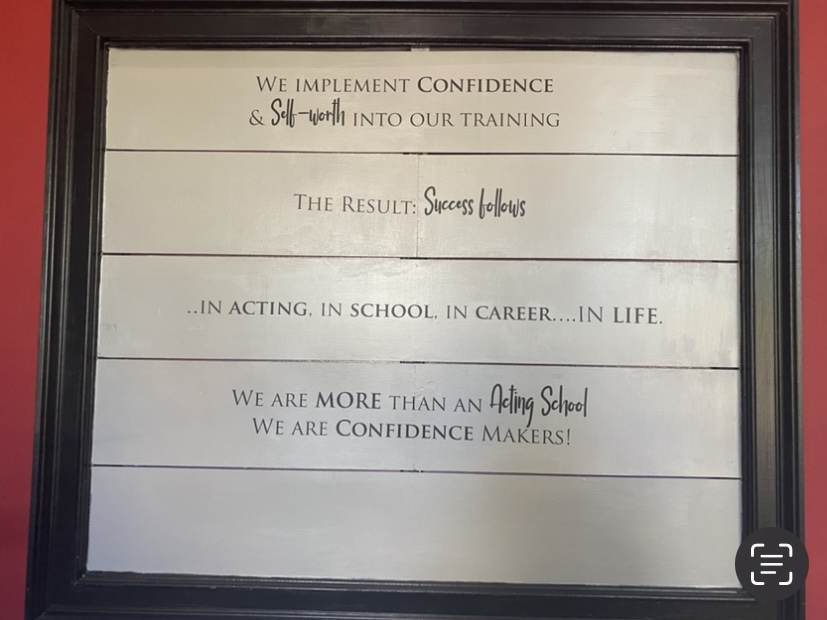
What are some red flags parents should note once they are on set?
Red Flags on set can include: taking the parents off where they are not within an eyesight of the child, not allowing you to converse with your agent or manager if there is a situation, or having the child do a stunt or activity that places them in danger. These are all things that should alert the parent and have them contact their agent or manager immediately.
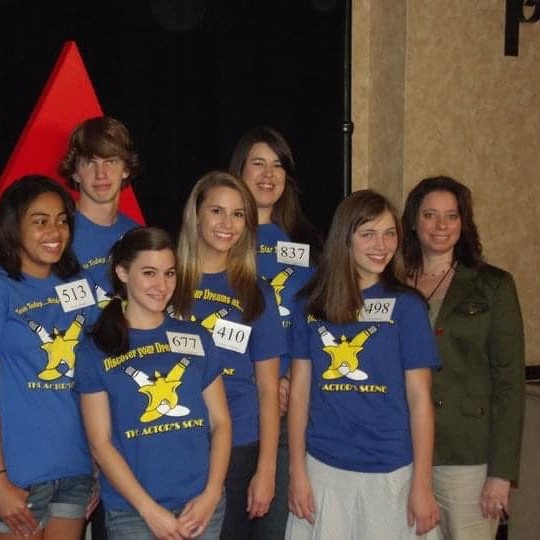
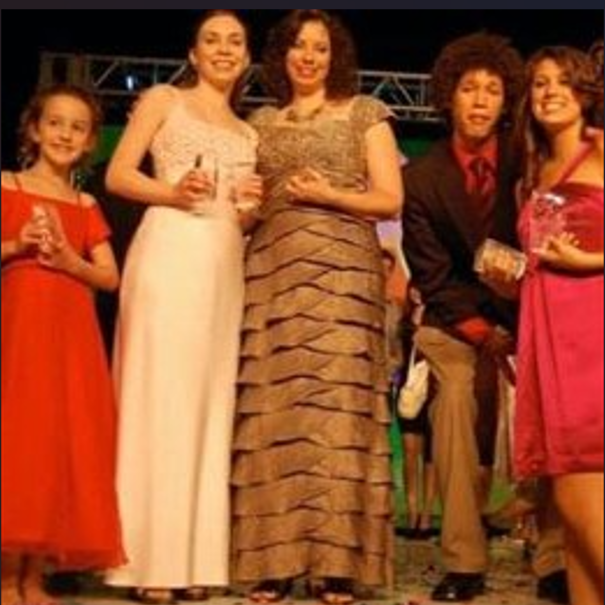
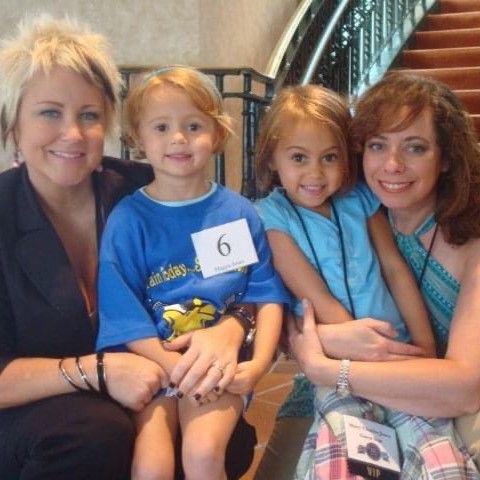
"Helicopter Parenting": How do parents avoid this while feeling confident about their child's safety?
A parent should never interrupt filming or give advice to the Director on how to do something; even if their child is misbehaving or not following direction. This is Helicopter Parenting, and the Director will not like this. If the Director needs help, they will ask the parent. The Director has to establish a connection/bond with the child, and if the parent interferes the child will learn to always look towards the parent instead of the Director. That is not good. Allow the Director and the child to work out any kind of bumps along the way. Do not be that parent that complains about how long things take, or things that go wrong on set. A parent can easily ruin a child’s career, even if the child is really talented. Directors won’t want to deal with a ‘difficult’ parent’s behavior. There is a difference between advocating for your child’s health and safety and overstepping your bounds/being a complainer.
Thank you so much Nicolle for all of this amazing advice. When it comes down to it, the best thing you can do is educate yourself. If you still feel a bit insecure or have more questions about being on set with your child, contact us here at TAS. We would love to book a Career Coaching or Private lesson with you to get you feeling as confident as possible on set!
Ready to get started? Reach out today!
TASFRONTDESK@GMAIL.COM
770-904-6646
Share This Article

About The Author
Kirsten Krehbiel
Kirsten Krehbiel is an Atlanta based actress, director, and writer who enjoys bringing people new truths through the art of storytelling. She has a love of acting both on camera and on stage, having been lucky enough to be a part of incredible productions in both worlds. Kirsten joined the TAS team in 2020 as a coach, a job she loves because it lets her watch first hand as students grow and gain self confidence as actors. When she is not creating or coaching, you can find Kirsten hanging out with her grumpy cat on their back porch.
Read The Latest

Reignite Your Year!
Turning your New Years Resolutions into Action There’s nothing like a new year to make you want to become a better person; rededicated to healthy

Student Highlight: Natalie Grace
You can spot Natalie in ‘1923’, ‘Raymar’, and in the upcoming Blumhouse/Atomic Monster feature, ‘Lee Cronin’s The Mummy’. Not only do we love watching our

Christmas Movie Magic: A Look At Holiday Favorites
Tinsel, Tradition, & The Movies We Love There is a certain kind of magic in the air this time of year. Cheerful decorations are up,
